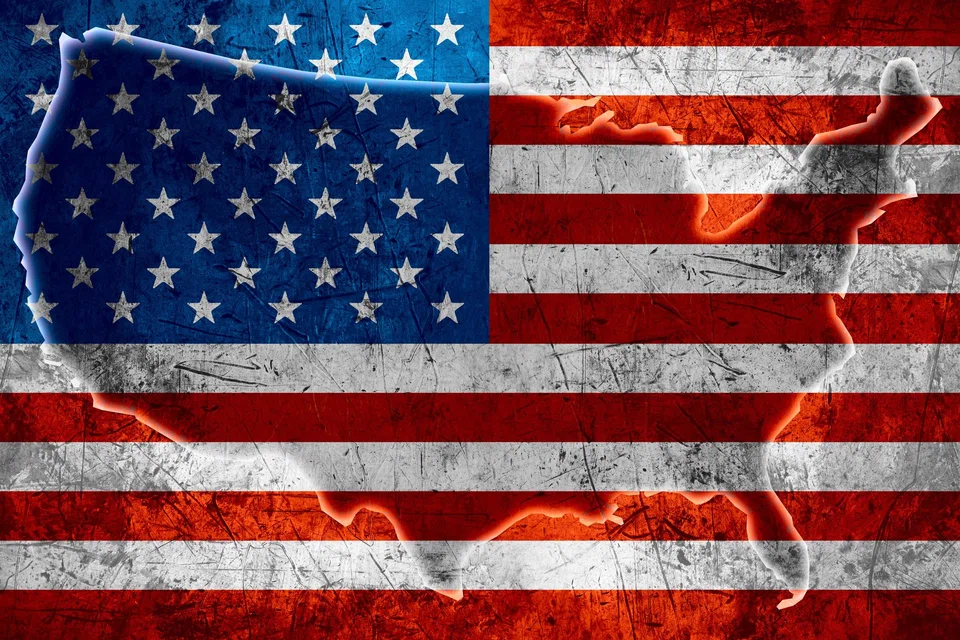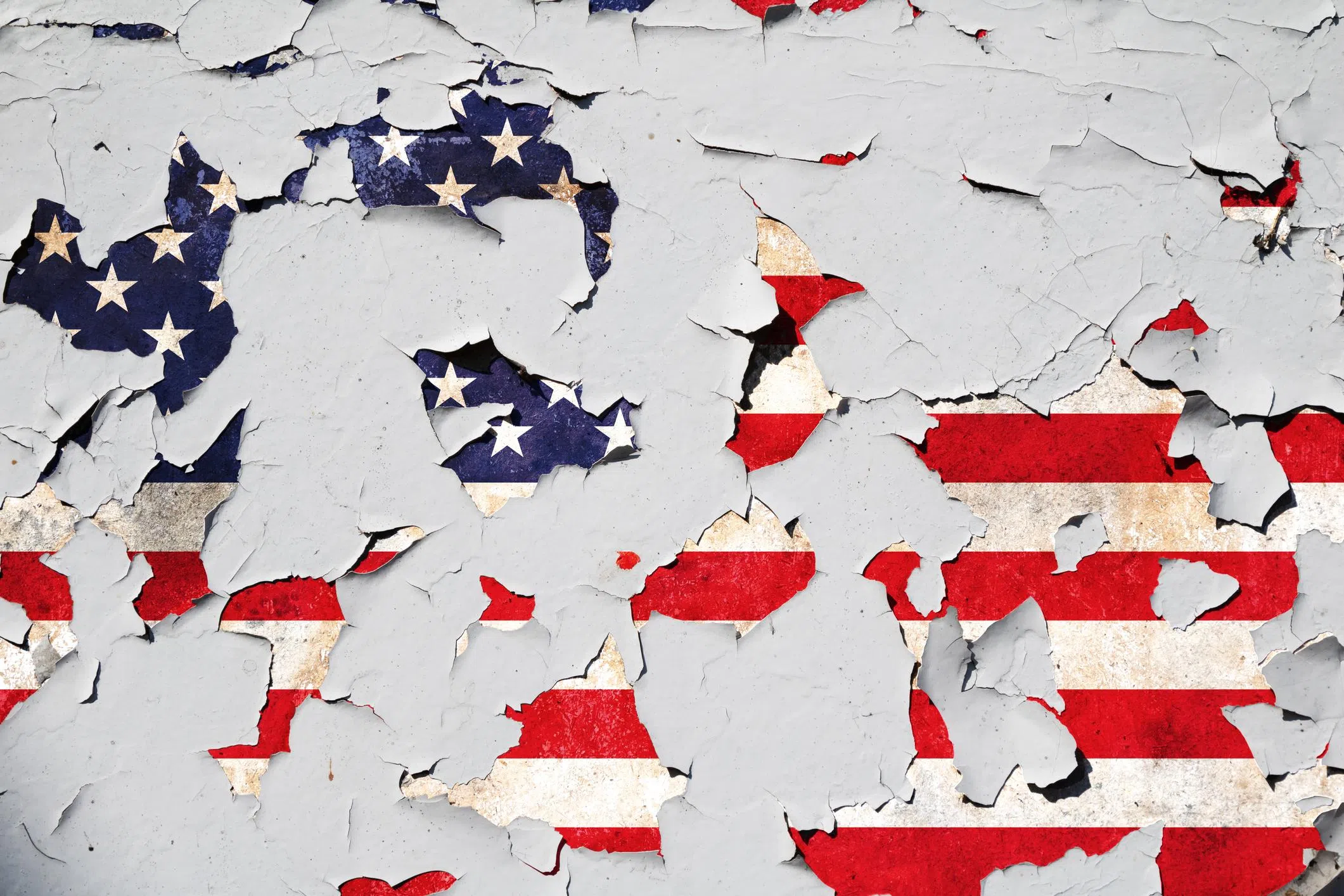Part I: The exceptionality of US geopolitics and the current predicament of China-US relations
Pang Ruizhi, a young Chinese PhD candidate pursuing further studies at Boston University, shares his views on how China can conduct itself on the world stage as a rising power in a two-part article. He suggests that China should be humble, but should also strike hard when its opponent initiates a fight.

Part I: The rise of US hegemony and the removal of its rivals
Ever since the Obama administration set out its strategy of "pivoting to Asia", the competitive side of the US-China cooperative-competitive relationship has grown increasingly prominent. With the Trump administration's trade war against the PRC, the American strategic community increasingly views China as a competitor. Taking a hard line towards this opponent has become a rare cross-partisan consensus.
With today's China, the US will continue to walk the same path, employing tactics to hinder China from becoming the predominant power in East Asia.
Although the national interests served by America's current foreign strategy and policy were spelt out after the Cold War, their roots can be traced back to an earlier part of the 20th century. These germinated during Theodore Roosevelt's presidency and were put to practice under Woodrow Wilson's administration, reaching maturity during the time of Franklin D. Roosevelt and Harry Truman. The national interests and foreign strategy in question are intended to prevent the emergence of regional hegemons in other parts of the world while maintaining the United States' own hegemony in the western hemisphere.
Maintaining "hegemony in the western hemisphere", further elevated into "dominance over the world at large" after the end of the Cold War. As pointed out by John Mearsheimer, this was the reason why the United States blocked the ascent of three states to regional hegemony in the 20th century, fighting against Germany twice, taking on Japan once, and engaging in the Cold War with the USSR. With today's China, the US will continue to walk the same path, employing tactics to hinder China from becoming the predominant power in East Asia.
As a French ambassador to the US once noted: "To the north and south of America, there are only two weak countries; to the east and west, there are but fish."
After the Great Rapprochement with Britain (1895-1905) and winning the Spanish-American War, the US became free from any threat to its national security. At least one scholar, Bruce Russett, believes that even during World War II, Germany and Japan posed no military threat to the American homeland. The same was true of the USSR in the early years of the Cold War. Even so, the US put its full energy into stymieing or neutralizing the regional ascendancy of these states. Throughout the history of the world, there has never been another country that practised such a policy.
America's geopolitical environment is one of the most important factors behind this grand policy. Former great powers always had only a limited presence in the Americas, and the US never had to face a strong rival on its own turf. The French presence was essentially reduced to nought after the Louisiana Purchase in 1803, and the Latin American countries that arose from the Wars of Independence were very weak. All this meant a safe, conducive environment for US expansion. The US was able to continuously widen its frontiers through land purchases, the Mexican-American War, and the ethnic cleansing of Native Americans. By the early 20th century, the US had, beyond a shadow of a doubt, attained hegemony in the western hemisphere, geographically isolated as it was from the other world-class powers.
For about half a century, the Atlantic and Pacific Oceans served as great geographical barriers that ensured the absolute security of the American homeland. As a French ambassador to the US once noted: "To the north and south of America, there are only two weak countries; to the east and west, there are but fish."
Counter USSR and counter Japanese tactics
Analogously, 1917 was arguably Year 1 of the US acting as Europe's balancer.
In February 1917, Britain found itself in trouble as Germany unleashed an unrestrained U-boat war against it. The French military was similarly in danger. At the other end of the continent, the February Revolution broke out in Russia on March 8. By the time the Provisional Committee of the State Duma was formed on March 12, Russian forces at the frontlines of World War I were on the verge of disintegration.
It was under these circumstances that the US declared war on Germany on April 6, in an effort to prevent Germany from winning the war and becoming the predominant power in Europe. With that, America's role as the global balancer was basically established.
Furthermore, apart from the September 11 attacks, the American homeland has never experienced a foreign assault since 1812. For this reason the nation lacks a deep understanding of the horrors of war.
American tactics against Japan during World War II were in essence an adoption of Plan Orange (a series of US war plans for dealing with a possible war with Japan before World War II), which was formulated by the top brass in the American military as early as 1890. Throughout World War II and later the Cold War, the US maintained its policy of containing any European or East Asian country that could potentially become a regional powerhouse. America never excluded military force as an option.
In wars, America suffered its greatest casualties in the First and Second World Wars. In the first case, the United States' war losses numbered approximately 53,000, which constituted about 0.1% of its population in 1920. The figure for World War II was approximately 290,000, or about 0.3% of the American population in 1940. Such losses were far less than those suffered by the countries where the fighting actually took place.
Furthermore, apart from the September 11 attacks, the American homeland has never experienced a foreign assault since 1812. For this reason the nation lacks a deep understanding of the horrors of war. Prior to the invention of nuclear weapons, the US frequently waged diversionary wars to expand its "frontiers" and relieve domestic tensions. The 19th century Western Expansion, the Spanish-American War, and its involvement in World War II all smack of diversionary warfare, to varying degrees.
The US believes that a regional colossus will always pursue ascendancy and a concentration of power in its region. As a result, the US seems to be forever in search of monsters to destroy.
While the US showed no qualms about employing war to deal with countries incapable of fighting back, when facing tougher opponents, it avoided military conflict. After the USSR came to possess nuclear weapons in 1949, US approaches in such instances included attrition and neutralisation through geopolitical containment, raising enemies in their neighborhood, infiltration, and other non- military means.
The US not only obstructed hostile states from becoming predominant powers in other regions, but did the same to its own allies. NATO and the US-Japan Alliance were not just about resisting the USSR and China. They also worked to contain Germany and Japan. Notably, when Japan was growing rapidly in the 1980s, America weakened the country's influence by waging trade and financial wars, including working with South Korea to tamp down on the Japanese semiconductor industry.
The US believes that a regional colossus will always pursue ascendancy and a concentration of power in its region. As a result, the US seems to be forever in search of monsters to destroy. This is completely contrary to its foreign policy as practised in its founding years and is at odds with the logic of regional development. However, because of its geopolitical advantage, almost all of America's containment efforts in the 20th century were successful. The US began to show excessive confidence; that their country should be second to none turned into the new political correctness for Americans after the Cold War.
Its excessive military spending and military operational objectives stretch far beyond the needs of defending national security. In the words of Charles Glaser, this is a classic example of a "greedy state".
After the Cold War, the US Commission on America's National Interests laid down the basis of US interests at multiple levels. Included under "vital national interests" were "the prevention of the emergence of a hostile hegemon in Eurasia" and "the prevention of the emergence of a hostile major power on US borders or in control of the seas". Included under "extreme important national interests" was the idea "that there be no regional hegemon in the Persian Gulf".

These constitute the summary of America's foreign strategic objectives for nearly a century-a declaration that the US intends to maintain its status as the absolute hegemon of the world for a long time to come.
Even though there is no direct threat to the security of the American homeland, close to 40% of the world's total military expenditure comes from the US. Its excessive military spending and military operational objectives stretch far beyond the needs of defending national security. In the words of Charles Glaser, this is a classic example of a "greedy state".


![[Big read] When the Arctic opens, what happens to Singapore?](https://cassette.sphdigital.com.sg/image/thinkchina/da65edebca34645c711c55e83e9877109b3c53847ebb1305573974651df1d13a)


![[Video] George Yeo: America’s deep pain — and why China won’t colonise](https://cassette.sphdigital.com.sg/image/thinkchina/15083e45d96c12390bdea6af2daf19fd9fcd875aa44a0f92796f34e3dad561cc)